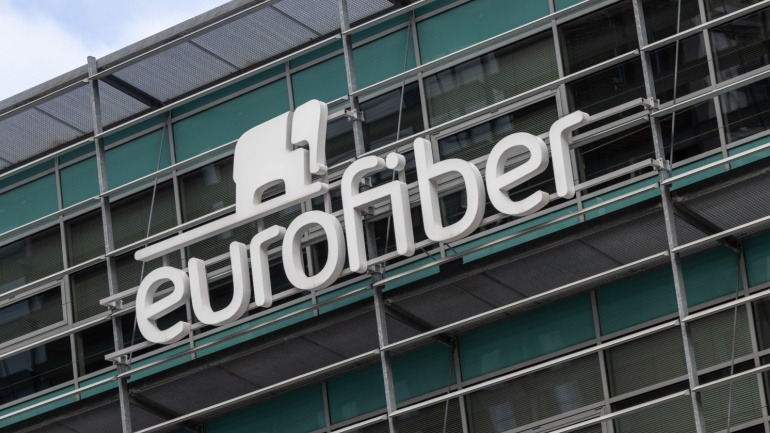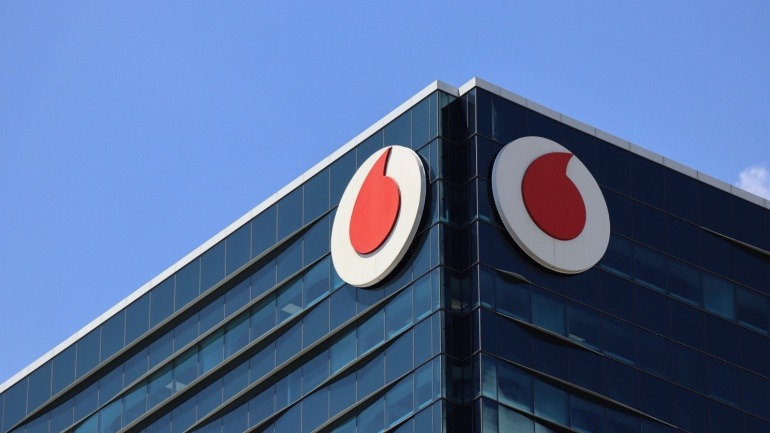Netomnia has announced its merger with the smaller company Brsk, positioning the combined entity as the UK’s second-largest alternative network provider, trailing only CityFibre. This merger will establish a network footprint of 1.5 million premises ready for service (RFS) and aims to expand to 3 million by the end of next year. The initial rollouts have been supported by £300 million in debt, with an additional £900 million in debt funding earmarked for the planned expansion.
The strategic merger is driven by the complementary nature of Netomnia and Brsk’s existing networks. Netomnia, based in Gloucester, has a larger presence with deployments across the UK, including Northern Ireland, and significant coverage in Liverpool, Manchester, and areas around Leeds and Birmingham. Brsk’s network complements this by covering regions west of Leeds, south of Manchester, and areas surrounding Birmingham, including Blackburn and Burnley.
In the competitive and capital-intensive wholesale market, achieving scale is crucial. The merger allows the new entity to avoid overbuilding and instead focus on expanding into adjacent areas. This approach is expected to enhance their market position against the dominant player, BT’s Openreach.
Netomnia CEO Jeremy Chelot emphasized the merger’s potential to enhance service delivery and innovation. “By merging our network expertise and resources, we are creating a powerhouse to deliver an unparalleled Internet experience for our customers,” Chelot said. Brsk CEO Giorgio Iovino echoed this sentiment, highlighting the creation of a robust, future-proof network.
The new company’s 1.5 million RFS premises surpasses the London-centric Community Fibre, which has reached over 1.3 million. However, competition remains stiff with rivals like Nexfibre and Virgin Media O2’s NetCo aggressively expanding their footprints.
The merger underscores the growing trend among smaller altnets to consolidate in order to compete more effectively with larger operators, signaling a potential wave of similar mergers in the near future.







